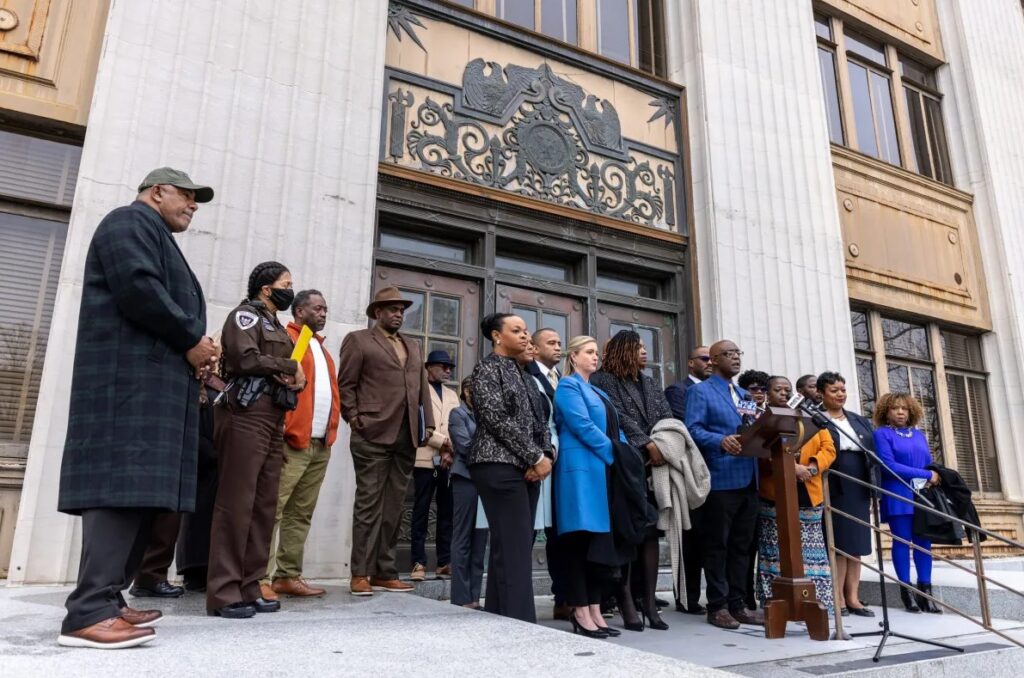The U.S. Department of Justice has asked to join a lawsuit challenging House Bill 1020, arguing the appointment of judges to the Hinds County Circuit Court and creation of a new separate court system in Jackson is racially discriminatory and unconstitutional.
Those appointments, which would be made by the state’s white Supreme Court chief justice, and the Capitol Complex Improvement District court shift authority of the criminal justice system away from Hinds County voters, which violates the Equal Protection Clause of the 14th Amendment, according to the department.
“This thinly-veiled state takeover is intended to strip power, voice and resources away from Hinds County’s predominantly-Black electorate, singling out the majority Black Hinds County for adverse treatment imposed on no other voters in the State of Mississippi,” Assistant Attorney General Kristen Clarke of the DOJ’s Civil Rights Division, said in a statement.
The federal government has an “unconditional statutory right” to intervene in litigation under a federal statute, such as the Civil Rights Act of 1964, to intervene in cases seeking relief from alleged denial of equal protection, according to the Wednesday court motion filed by the federal government.
Intervention in the NAACP lawsuit will allow the DOJ to bring claims against Attorney General Lynn Fitch, who is a defendant in the lawsuit, and the state of Mississippi.
NAACP President Derrick Johnson, a Jackson resident who is a plaintiff in the lawsuit, said the DOJ’s intervention will help hold state leaders accountable for the laws they passed that undermine the vote and voices of Black Mississippians.
“When our state leaders fail those they are supposed to serve, it is only right that the federal government steps in to ensure that justice is delivered,” he said in a statement.
U.S. District Court Judge Henry Wingate will decide whether to allow the DOJ to intervene.
He has temporarily blocked HB 1020 from going into effect – specifically the appointment of four judges – until he decides whether to approve a preliminary injunction.
The defendants have argued in court hearings and documents that the intention of HB 1020 was to address violent crime in Jackson and help a backlogged court system in Hinds County.
In the Wednesday court filings, the DOJ specified that it will challenge parts of HB 1020 but not Senate Bill 2343.
A challenge to that law, which expands the boundaries of the Capitol Complex Improvement District and requires state permits to hold demonstrations by governmental buildings in Jackson, was consolidated with the HB 1020 lawsuit last month. Another challenge to HB 1020 has made it to the Mississippi Supreme Court from a lawsuit that argues the law violates the state constitution by preventing Hinds County residents from electing its circuit court judges. It also says the court created by the law doesn’t meet constitutional requirements.
Source : Misissippi Today


